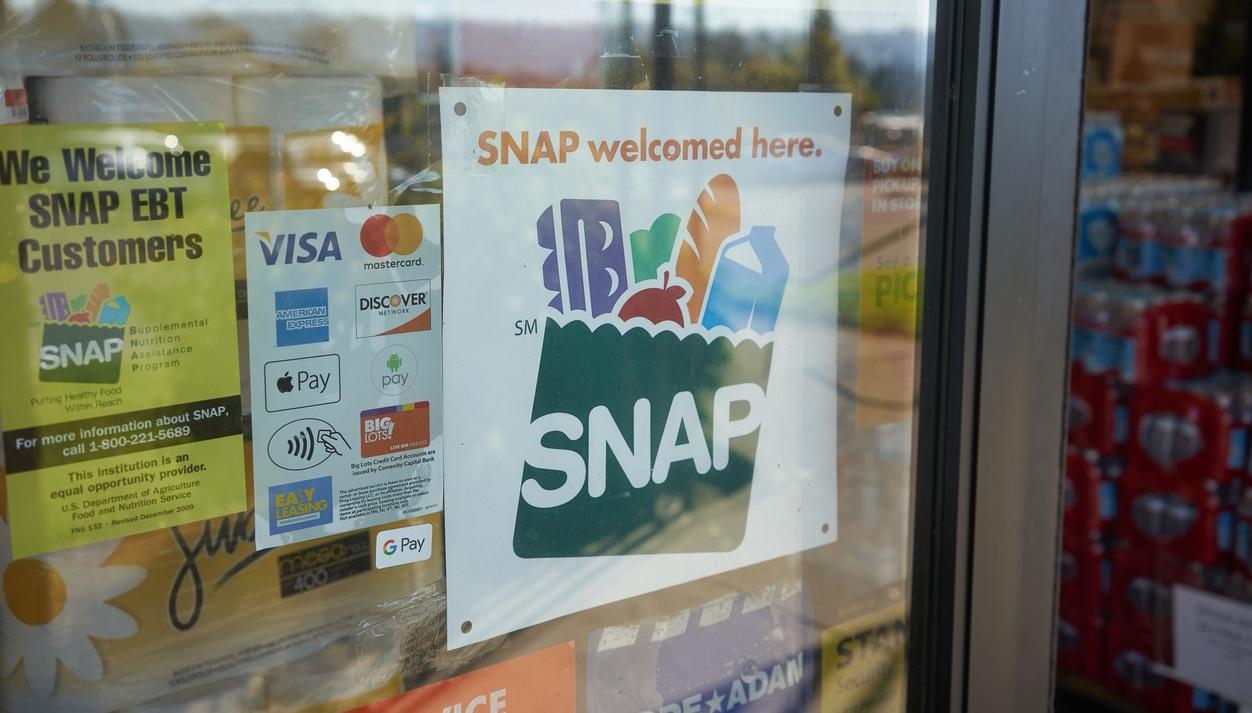Immigrant families living in the United States took some of the hardest economic hits during the COVID-19 pandemic, but benefited less from government assistance and relief programs than families with US-born caregivers.
The findings come from a group of researchers at Drexel University and were published today in JAMA Health Forum. The researchers looked at who exactly accessed the pandemic relief packages passed by Congress between March 2020 and March 2021 that offered assistance for food and mortgage and rent payments.
The study built on data collected as part of the ongoing repeat cross-sectional Children's HealthWatch (CHW) study.
The researchers surveyed 1,396 caregivers in Boston, Baltimore, Minneapolis, Philadelphia, and Little Rock. Families with children aged 4 and younger were surveyed before the pandemic, and followed-up once between September of 2020 and June of 2021, during which time they were questioned about food insecurity, housing payments, and whether they partook in economic impact payments (EIP) in the form of stimulus checks and the Supplemental Nutrition Assistance Program (SNAP).
SNAP enrollment increased from 36 million people in 2019 to 44 million in 2020 to help families facing food insecurity. Similarly, the Internal Revenue Service sent out three rounds of EIPs to over 92% of US households over the course of first year of the pandemic—in amounts ranging from $600 to $1,400 per adult and $500 to $1,400 per child—in an effort to address basic needs, including housing.
Of the study participants, 417 (30.0%) children had an immigrant mother. A total of 1,086 caregivers (80.8%) were renters. Among 1,393 responses, 716 caregivers (51.4%) had no education beyond high school, and nearly all children (1238 of 1388 responses; 89.2%) were publicly insured, the authors said.
Immigrant mothers less likely to access SNAP and EIP
Families led by immigrant mothers were significantly more likely to experience food insecurity and have trouble paying for housing than their US-born peers in the months following the pandemic. Immigrant mothers were 63% more likely to say their family suffered from a lack of food, and 21% more likely to say they were behind on rent.
However, only 74% of families with immigrant mothers participated in EIP or SNAP, compared with 96% of families with US-born mothers.
"Our results show that SNAP and the federal government's stimulus checks played a major role in reducing household hardships like food insecurity and inability to afford rent during the pandemic, but too many immigrant families were restricted or unable to use these programs," lead author Felice Le-Scherban, PhD, an associate professor in Drexel's Dornsife School of Public Health, said in a press release on the study.
Lawful immigrants without social security numbers were not eligible for the first round of stimulus checks, and may have been fearful to try to access SNAP, the authors said.
Many lawfully present immigrants were prohibited from benefits, while many of those who qualified were afraid to participate after facing anti-immigrant rhetoric related to benefits
"Many lawfully present immigrants were prohibited from benefits, while many of those who qualified were afraid to participate after facing anti-immigrant rhetoric related to benefits," Le-Scherban said.
The study found families with Latino caregivers and caregivers of other race or ethnicity had lower odds of EIP participation than families with White, non-Latino caregivers (adjusted odds ratio [aOR], 0.16, and 0.26, respectively).
Families with immigrant mothers had far lower odds of program participation than families with US-born mothers for SNAP only (aOR, 0.30), for EIP only (aOR, 0.15), and for both programs together (aOR, 0.07), the authors found.
"Our results illuminate the persistence of substantial hardship disparities among families with young children even in the presence of federal COVID-19 relief programs," the authors concluded. "This represents a missed opportunity for policies that not only alleviate hardships among all families but also reduce disparities."




















